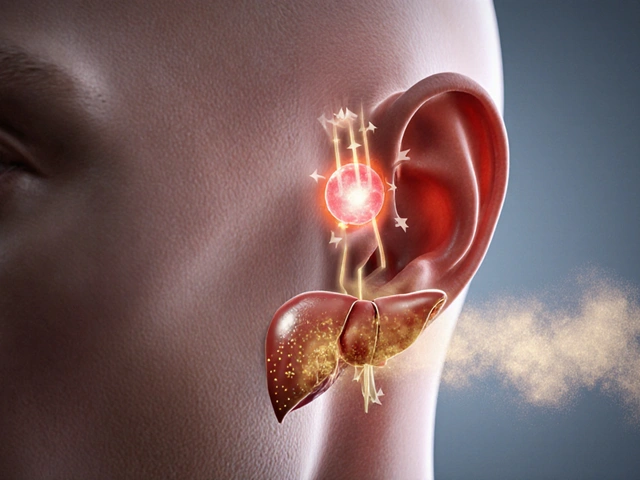Trichomoniasis — what it is and what to do next
Trichomoniasis is an infection caused by a tiny parasite called Trichomonas vaginalis. It’s one of the most common curable sexually transmitted infections. Many people don’t have symptoms, so you can have it and not know it. If you do notice symptoms, they tend to be uncomfortable and are worth checking out.
Symptoms to watch for
Women often report foul-smelling, frothy vaginal discharge, itching, burning during urination, or pain during sex. Men usually have milder signs — some irritation inside the penis, discharge, or burning with urination — but many men have no symptoms at all. If symptoms show up, they usually appear within a few weeks after exposure, but sometimes later.
Diagnosis and treatment — clear, practical steps
If you suspect trichomoniasis, get tested. The most accurate test is a NAAT (nucleic acid amplification test) — it’s the one doctors rely on nowadays. A quick wet-mount microscope check is still used in clinics but misses a fair number of cases. If you test positive, treatment is straightforward.
First-line medicines are metronidazole or tinidazole. Common regimens are a single 2 g dose of metronidazole or tinidazole, or metronidazole 500 mg twice daily for 7 days. Your clinician will pick the best option for you. Don’t drink alcohol while taking these drugs and for at least 24 hours after metronidazole, or 72 hours after tinidazole — mixing can cause nausea and flushing.
Treating sexual partners at the same time matters. If you don’t, you can pass the infection back and forth. Avoid sex until both you and your partner finish treatment and feel well. Re-testing about three months after treatment is recommended in many places to catch reinfection early.
Pregnant? Talk to your provider. Trichomoniasis has been linked to higher risk of preterm birth, so most doctors treat it in pregnancy. Your clinician will advise the safest approach for your situation.
Left untreated, trichomoniasis can increase the risk of acquiring or spreading HIV and may cause ongoing irritation or pregnancy problems. That’s why testing matters even if symptoms are mild or absent.
Want to lower your risk? Condoms reduce transmission, limiting the number of sexual partners helps, and regular STI screening is smart if you’re sexually active with new or multiple partners. If you test positive for trichomoniasis, ask your provider about testing for chlamydia, gonorrhea, and HIV too — co-infections aren’t rare.
Have more questions or symptoms that won’t stop? See a clinician. Rapid testing and effective treatment are widely available, and taking action now prevents discomfort and stops spread to others.
Talking to your partner about Trichomoniasis can be a sensitive topic, but it's essential to have an open and honest conversation. To ensure a smooth discussion, approach the subject calmly and choose the right time and place. Be sure to educate yourself about the infection beforehand, so you can provide accurate information and answer any questions your partner might have. It's important to emphasize that Trichomoniasis is a common and treatable condition. Lastly, discuss the importance of getting tested and treated together to prevent reinfection and maintain a healthy relationship.
View Details

